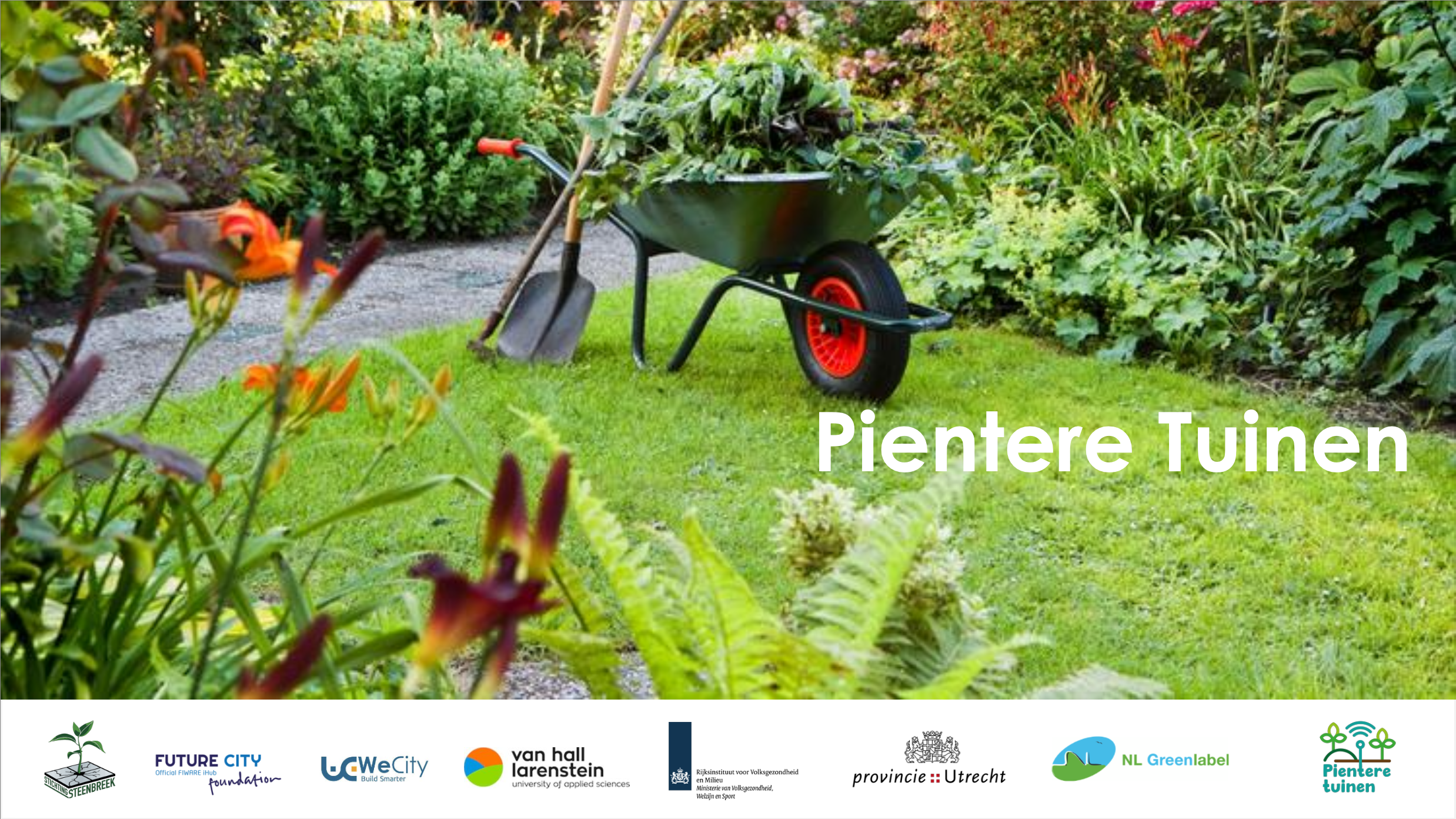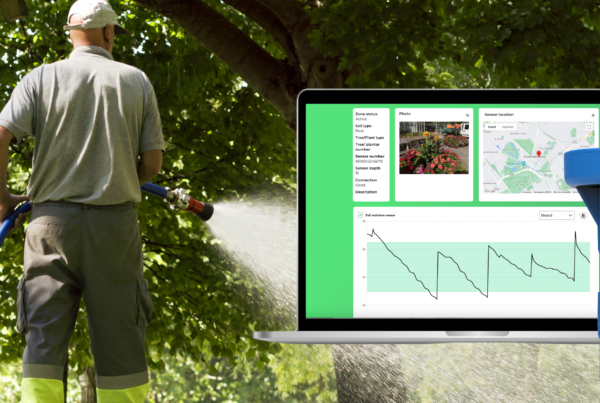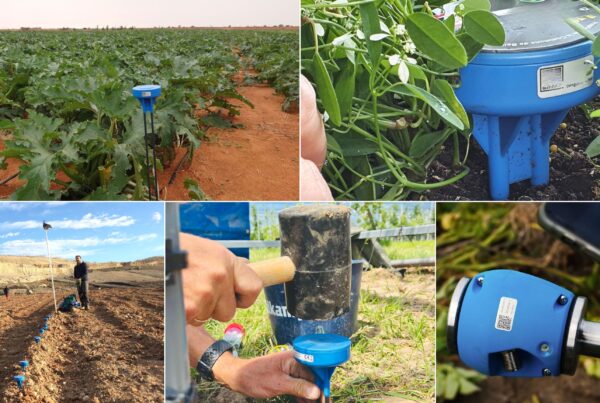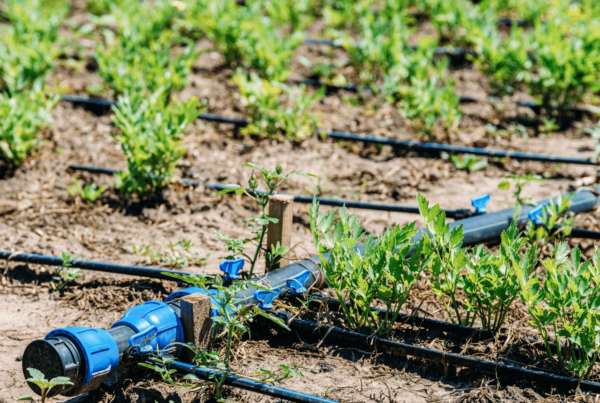In our increasingly urbanized world, the challenges faced by cities are mounting: soaring temperatures, water scarcity, and the prevalence of concrete jungles. But amidst these challenges, the Pientere Tuinen project consortium is making strides toward redefining urban living. This collaborative effort goes beyond the conventional green space initiatives to tackle a wide array of urban problems, while also promoting biodiversity. In this article, we’ll delve into the multifaceted approach of Pientere Tuinen and explore how it’s reshaping our cities into more sustainable, livable environments.
The Pientere Tuinen project consortium recognizes that urban sustainability is not just about creating green gardens—it’s about reimagining our cities as holistic ecosystems that address the health and well-being of residents, foster social cohesion, combat climate challenges, and leverage data-driven decision-making.
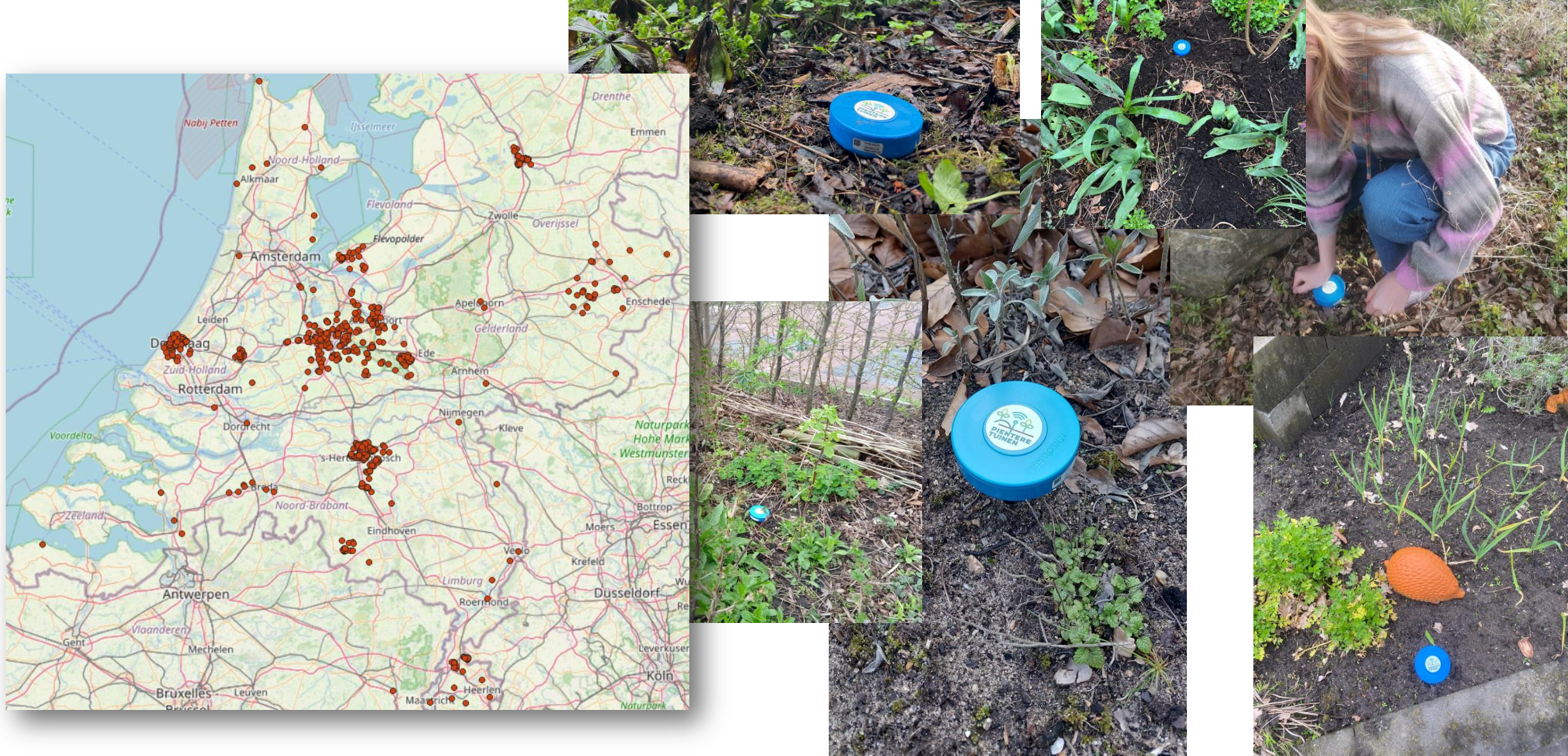
Health and Well-being
Green spaces have long been linked to human health and well-being. Pientere Tuinen leverages this connection by focusing on several key health-related aspects:
- Air Quality Trees and plants act as natural air purifiers, reducing the levels of pollutants and improving air quality in urban areas.
- Mitigating Heat Stress As temperatures rise in urban areas, green spaces provide much-needed respite from the scorching heat, mitigating heat stress and enhancing overall comfort.
- Enhanced Well-being The presence of greenery has a profound positive impact on mental well-being, reducing stress and promoting relaxation.
- Citizen Engagement Pientere Tuinen actively encourages citizens to become involved in the greening of their neighborhoods, fostering a sense of ownership and community pride.
Social Cohesion
Green gardens are not just about flora and fauna; they are catalysts for social cohesion:
- Community Initiatives: Pientere Tuinen sparks community-driven initiatives, where neighbors come together to transform their surroundings into vibrant green spaces.
- Knowledge Exchange: The project promotes the exchange of knowledge and ideas, empowering residents with information on sustainable gardening practices and encouraging collaborative efforts.
Biodiversity and Climate Resilience
In recognizing the importance of urban ecosystems, Pientere Tuinen emphasizes biodiversity and climate resilience:
- Enhancing Biodiversity: By promoting green gardens, the project increases habitat diversity, supporting various plant and animal species.
- Addressing Climate Challenges: Green spaces combat heat stress, reduce the impact of heavy rainfall (minimizing water runoff and flooding), and improve overall climate resilience.
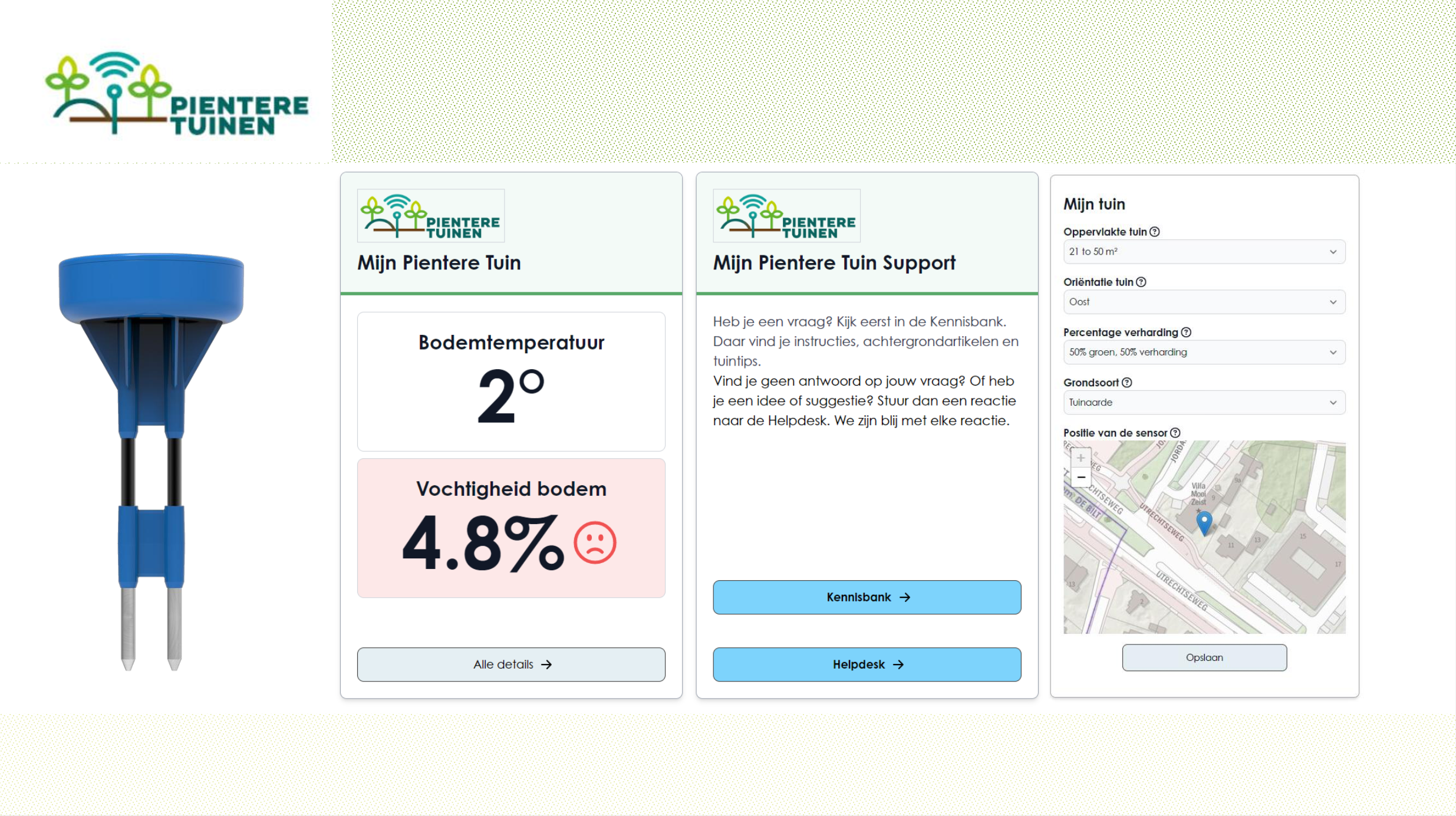
An Integrated Approach
Pientere Tuinen adopts a holistic approach to urban sustainability:
- Data Collection and Analysis: The project utilizes data collection tools, including soil sensors, to gain insights into local conditions. This data-driven approach helps residents make informed decisions about garden maintenance.
- Research on Healthy Living Environments: Collaborative research explores the link between garden design and factors like temperature, water management, and soil conditions. Behavioral interventions are also studied to understand how to motivate residents to adopt greener practices.
- Tailored Advice: Pientere Tuinen provides residents with personalized advice on garden greening, considering the unique characteristics of their local environment.
Collaboration Is the Key
To achieve its ambitious goals, Pientere Tuinen recognizes that collaboration among various stakeholders is essential:
- Municipalities: Local governments play a crucial role in promoting green spaces, fostering community participation, and adopting data-driven policies.
- Water Utilities: Collaborations with water companies can enhance sustainable water management practices.
- Horticulturists and Landscapers: These professionals contribute their expertise to create greener urban environments.
- Financial Institutions: Mortgage providers and insurers can incentivize green practices and offer support for green initiatives.
- Public Health Authorities: Collaboration with health agencies can lead to healthier living environments.
- Educational Institutions: Schools are ideal partners for promoting green education and creating green schoolyards.
Two Research Programs
Pientere Tuinen encompasses two essential research programs:
- Data Analysis for Healthy Living Environments: This program investigates how garden design impacts factors like temperature (heat stress) and soil conditions during wet and dry periods.
- Behavioral Research: Understanding resident motivations and barriers to greening gardens is critical to developing effective incentives and outreach strategies.
The Pientere Tuinen project consortium is a shining example of a holistic, data-driven approach to urban sustainability. By nurturing green gardens and fostering community engagement, this initiative is transforming our cities into healthier, more resilient, and ecologically vibrant places to live. As we move forward, let’s recognize the importance of integrated efforts and collaboration to build a greener, more sustainable urban future for all. In embracing this vision, we can create cities that thrive amidst the challenges of the modern world.
About Sensoterra
Sensoterra develops low-cost, simple, and robust wireless soil moisture sensors, providing actionable insights that enable water management platforms and solutions. Our sensors are built to integrate into any platform with our unique ‘API first’ philosophy – offering freedom and flexibility for data integration. It is our mission to enable water management platforms and solutions worldwide. We help by ‘Making Sense of Water’. We produce simple, robust, and low-cost wireless soil moisture sensors that are easy to deploy and built to integrate. With proven success in the applications of smart city landscaping, environmental monitoring, and precision agriculture, the Sensoterra solution integrates seamlessly in existing water and land management platforms.
Learn more at www.sensoterra.com
Contact for more information, pictures and/or interview requests:
Jessica Nuboer
Marketing & Communications
Sensoterra
Email: [email protected]

